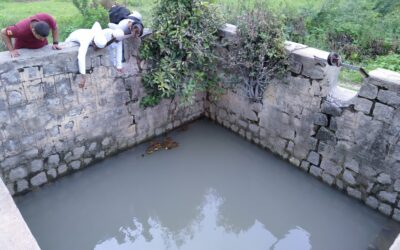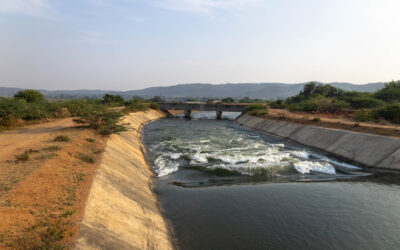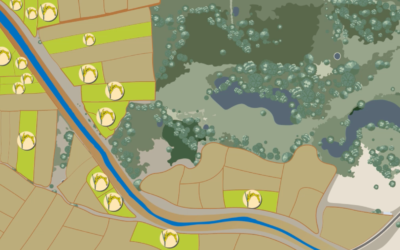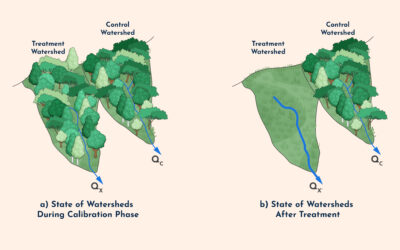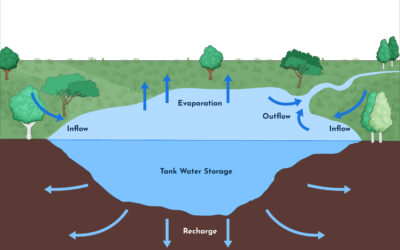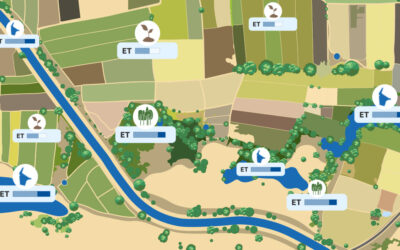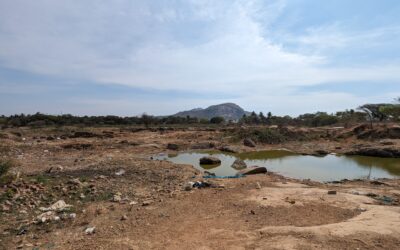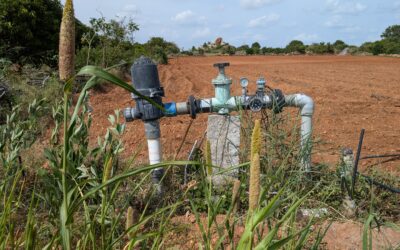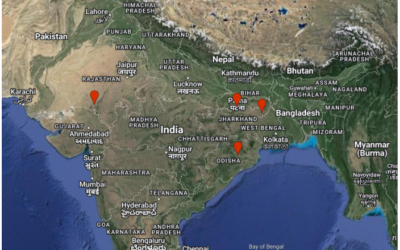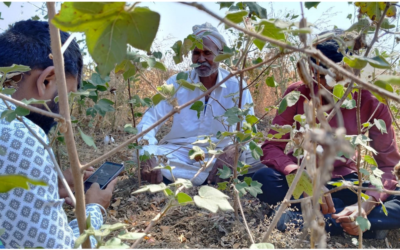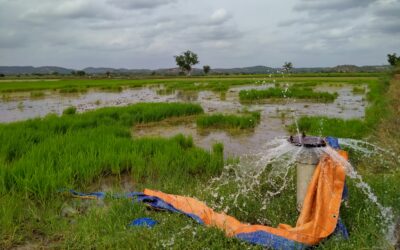This study highlights the need for a holistic, landscape-level approach to water management in Maharashtra’s basaltic regions, ensuring that interventions align with local hydrogeological realities.
Blogs
Urban Water Programme
Rural Futures Programme
Products and Platforms
Community and Outreach
MGNREGA Planning in Karnataka: Assessment of Digital Tools and Capacity-Building for Natural Resources Management
WELL Labs and EDF conducted a monitoring, evaluation, and learning (MEL) exercise to assess the effectiveness of the Government of Karnataka’s Jala Sanjeevini programme. This report looks at how GIS tools like CLART are used to improve MGNREGA’s natural resource planning.
How Can We Measure Water Security Accurately?
This learning note explores the need for a framework like WISER (Water Index for Sustainability, Equity, and Resilience)—a science-based approach to tracking and enhancing water security in India. WISER leverages data, remote sensing, and stakeholder engagement to support evidence-based, equitable, and sustainable water management.
Phase 1 Results of the Water Index for Sustainability, Equity, and Resilience (WISER) Framework
WISER (Water Index for Sustainability, Equity, and Resilience) is a science-based framework to track and improve water security across India. It leverages data, remote sensing, and stakeholder inputs to enable evidence-based, equitable, and sustainable water management. This study showcases the results of the initiative’s first phase.
Jaltol: A Quasi-Experimental Approach to Evaluating Watershed Interventions
Jaltol is a web app that helps evaluate the impact of watershed programmes on both water access and economic prosperity
Paired Watershed Studies: Evaluating the Impact of Watershed Management Interventions
A paired watershed study is a research method that compares two neighbouring watersheds over an extended period to understand how changes in land and watershed management affect hydrological parameters
Staff Gauge: A Guide to Measuring Aquifer Recharge through the Water Balance Method
There is considerable spatial heterogeneity in rainfall patterns in India. This makes the staff gauge method especially useful as it can be easily applied to multiple water storage structures.
Monitoring, Evaluation, and Learning (MEL) Toolbox
An overview of hydrological assessment tools for better monitoring, evaluation, and learning in watershed management
Chasing the Water Table: The Impact of Groundwater Depletion on Rural Drinking Water Supply in Peninsular India
Published in PLOS Water
Hits and Misses: Water-based Climate Adaptation Interventions for Agriculture
Effective adaptation to climate change is essential in agriculture, this study highlights critical successes and overlooked gaps.
Addressing Depletion in Alluvial Aquifers
Why Context Matters in Participatory Groundwater Management
Enhancing Water Security in Rural India with Digital Tools: Insights from Field Testing
As climate change exacerbates water scarcity in India, integrating digital tools with participatory community planning becomes essential.
Monitoring and Evaluation of Recharge Pits in Marathwada (Part 1)
WELL Labs and EDF conducted a monitoring, evaluation, and learning (MEL) study to assess the impact of recharge pits on groundwater recharge and waterlogging mitigation in the basaltic region of Maharashtra.
Rural Water and Sanitation in India: Emerging Challenges and Livelihood Opportunities
This report is a rapid literature survey of the rural water and sanitation landscape of India. It aims to converge on identifying the choke points and key issues in rural WASH systems and understand what specific measures are needed to support frontline workers who contribute to better WASH outcomes.



